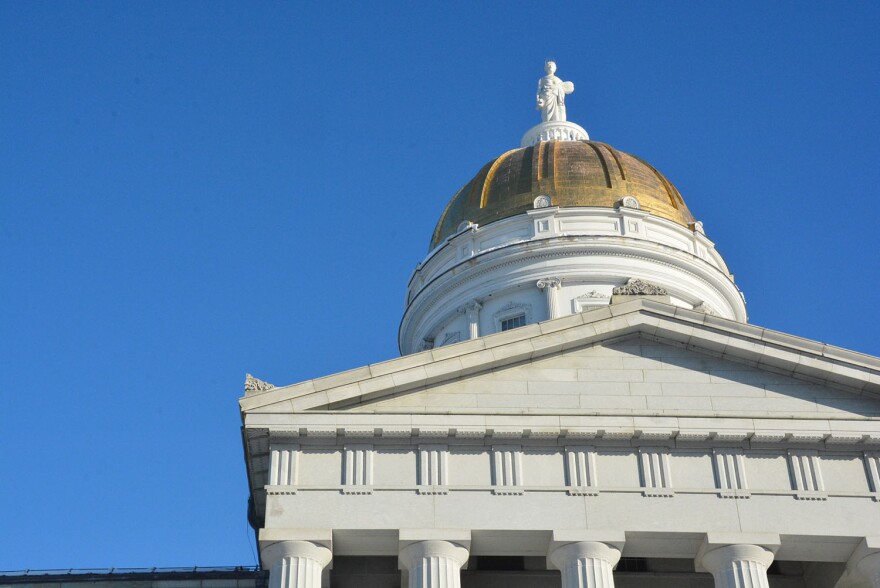Tax revenues pay for the lion’s share of Vermont’s annual state budget, but lawmakers also take on new debt every year to cover government spending. And Vermont is about to see a sharp reduction in the amount of borrowing it can use.
Audio for this story will be posted.
Last year, lawmakers approved nearly $150 million in new borrowing. The money is being used to pay for a long list of infrastructure projects in the two-year capital bill.
All states borrow like this, but State Treasurer Beth Pearce says the practice requires discipline.
“Putting things on your credit card at home when you don’t have an identified revenue source to pay for it is not a good practice,” Pearce says.
A group known as the Capital Debt Affordability Advisory Committee has taken a fresh look at the state’s borrowing capacity, and the seven-person panel says it’s time to shrink the limit on Vermont’s credit card.
“What we need to do is look at our debt levels, look at our ability to pay as a taxpayer and in terms of our budget, and the recommendation of the committee was to do a little belt tightening,” Pearce says.
The downgrade is significant. The committee is recommending a $12 million reduction in the next capital bill – 8 percent less than lawmakers and the administration had to work with in the last two-year capital bill they passed.
Rutland Sen. Peg Flory is chairwoman of the Senate Committee on Institutions, which plays a key role in deciding what capital-bill projects make the cut, and what one’s don’t. Flory says lawmakers were bracing for a downgrade.
“It went down a little bit more than what we had thought,” Flory says.
As a result, competition for capital funding will be even fiercer next year than it has been in the past. Flory says it’s too early to say which projects will be left in the cold.
“But I think we will look at whatever we’re putting the money into, especially with this reduction, that we really take a good hard look at the long-term value to the people,” Flory says.
There are many factors behind the downgrade, some of which have little to do with the state’s own fiscal position. The recommendation by the Capital Debt Affordability Advisory Committee is designed to help Vermont preserve its favorable bond rating, which keeps the cost of borrowing low. Pearce says the ratings agencies compare Vermont with other states when they assess that rating.
“Our position relative to other states has declined somewhat, and across the country debt issuance has been down,” Pearce says.
But the recommendation is also based on things going on right here in Vermont, like the state’s debt per capita.
“And that number is a bit on the rise,” Pearce says.
Debt as a percentage of personal income is on the rise as well, as is debt compared to available revenues.
Pearce says if lawmakers follow the committee’s recommendation, the state will maintain its stellar bond rating. And she says policy makers should resist the temptation to exceed that recommendation.
“That costs the taxpayers. Putting it on your credit card, even in a good interest rate environment, you still have to pay for it,” Pearce says.
The downgrade won’t affect the current capital bill. Lawmakers will pass their next two-year capital bill in 2018.






